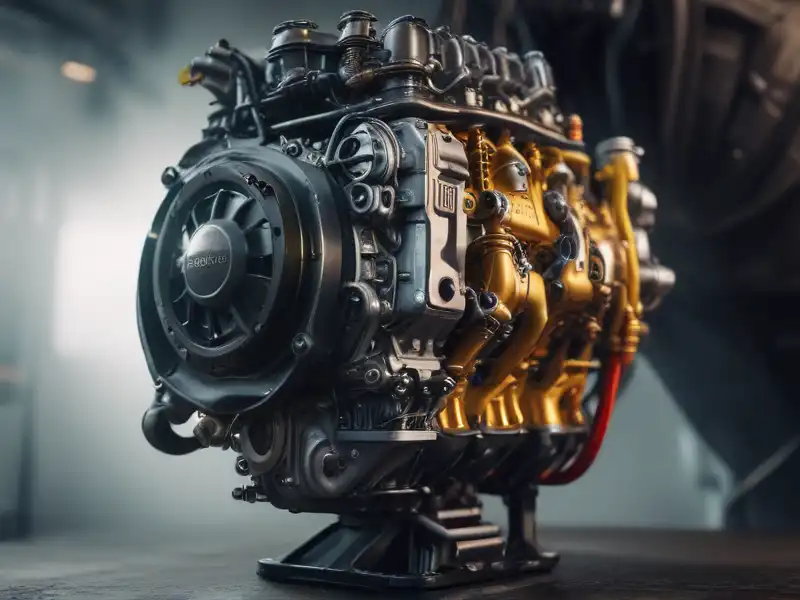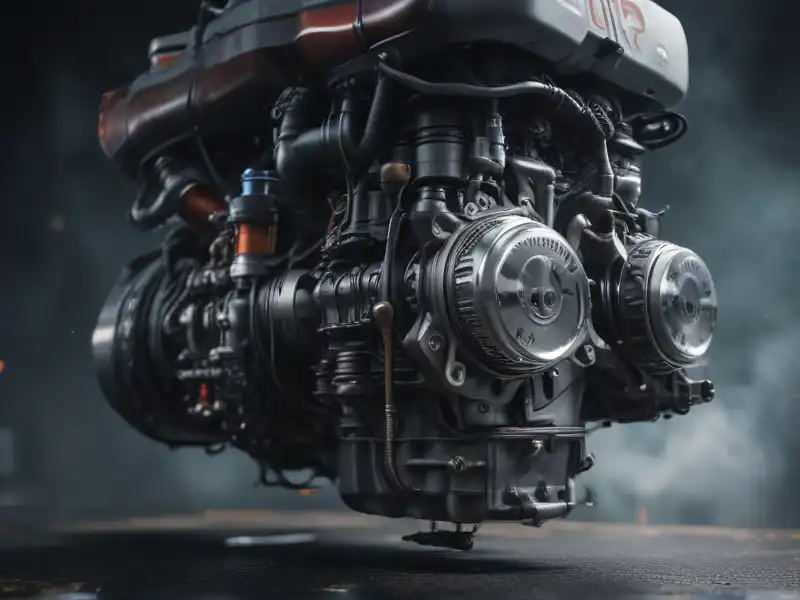
When it comes to choosing between a diesel engine and a gasoline engine for your vehicle, there are several factors to consider. Both types of engines have their own set of pros and cons, and it's important to weigh them carefully before making a decision. In this article, we will explore the differences between diesel and gasoline engines, their performance characteristics, fuel efficiency, maintenance costs, and environmental impact. By the end of this article, you will have a clearer understanding of which type of engine may be the better choice for your needs.

Diesel Engines:
Diesel engines are known for their high torque output, which makes them ideal for heavy-duty applications such as towing and hauling. The combustion process in a diesel engine is different from a gasoline engine in that it uses compression ignition rather than spark ignition. This allows diesel engines to achieve higher fuel efficiency and better overall performance. In addition, diesel fuel generally costs less than gasoline, which can lead to long-term savings for owners of diesel vehicles. However, diesel engines tend to be more expensive to purchase upfront, and they also require regular maintenance, including the need for periodic diesel particulate filter (DPF) cleanings to meet emission standards.
Gasoline Engines:
Gasoline engines, on the other hand, are more common and widely used in passenger vehicles. Gasoline engines rely on spark ignition to ignite the fuel-air mixture in the combustion chamber. While gasoline engines generally have lower torque output compared to diesel engines, they are known for their smooth and quiet operation. Gasoline is also more readily available at gas stations, making it more convenient for owners of gasoline-powered vehicles. However, gasoline engines are typically less fuel-efficient than diesel engines, which can result in higher fuel costs over time. Additionally, gasoline engines produce more carbon emissions compared to diesel engines, which can have a negative impact on the environment.
Comparison:
In terms of performance, diesel engines are often preferred for their towing capacity and fuel efficiency, making them the top choice for truck owners and commercial vehicles. However, diesel engines may not be the best option for those who have shorter commutes or do not require heavy towing capabilities. Gasoline engines, on the other hand, are better suited for everyday driving and are generally more affordable to purchase and maintain. For those who prioritize a quiet and smooth driving experience, gasoline engines are the better choice.
When it comes to maintenance costs, diesel engines may require more frequent maintenance due to the additional components such as the DPF filter. Gasoline engines, on the other hand, are generally easier and less costly to maintain. In terms of environmental impact, diesel engines produce fewer carbon emissions but emit higher levels of nitrogen oxides (NOx), which contribute to air pollution. Gasoline engines produce fewer NOx emissions but emit more carbon emissions, which contribute to climate change.
Ultimately, the choice between a diesel engine and a gasoline engine will depend on your specific needs and priorities. If you prioritize fuel efficiency and towing capacity, a diesel engine may be the better option for you. If you prioritize a quiet and smooth driving experience, a gasoline engine may be the better choice. Whichever type of engine you choose, be sure to consider all factors before making a decision.
